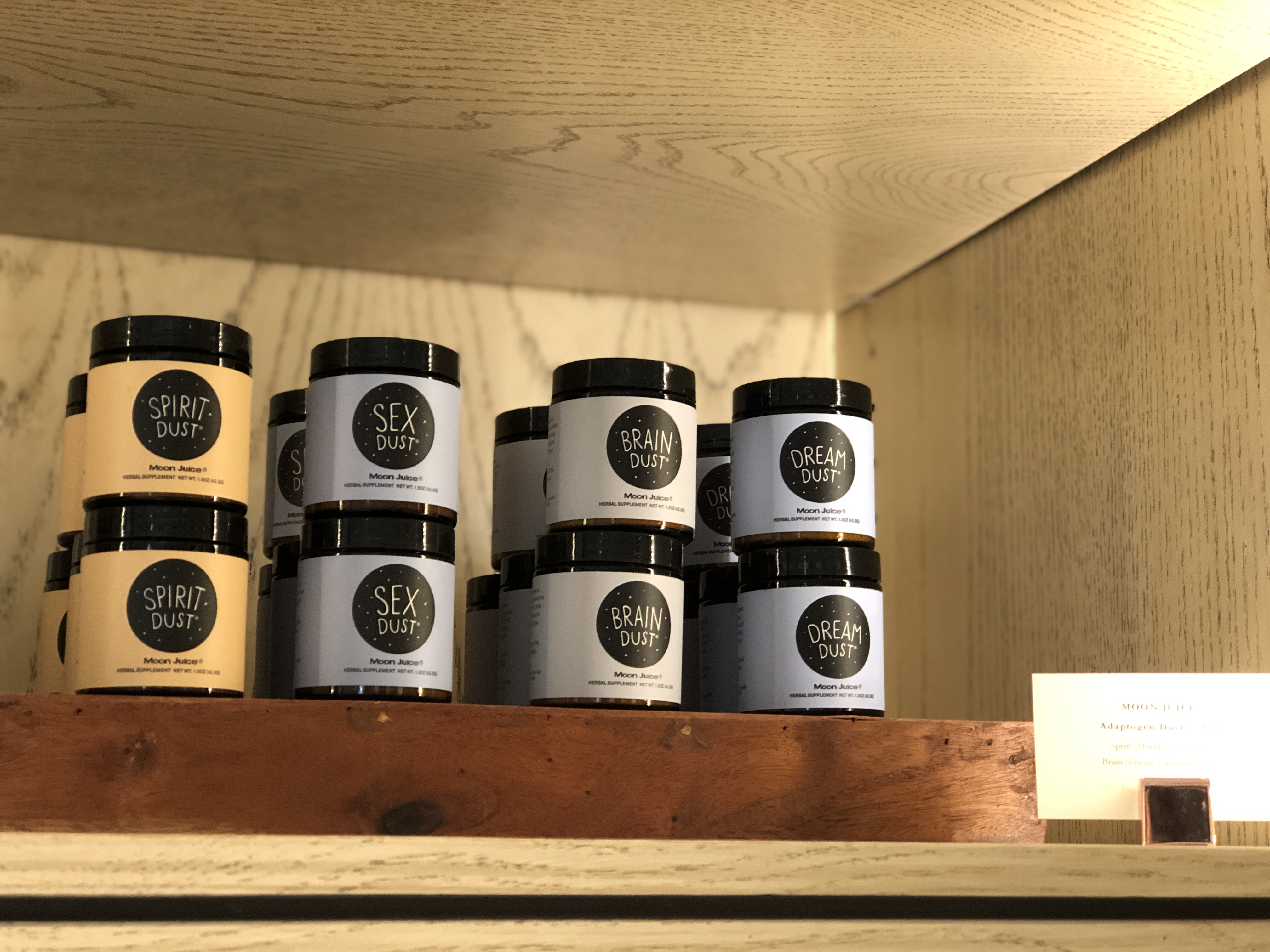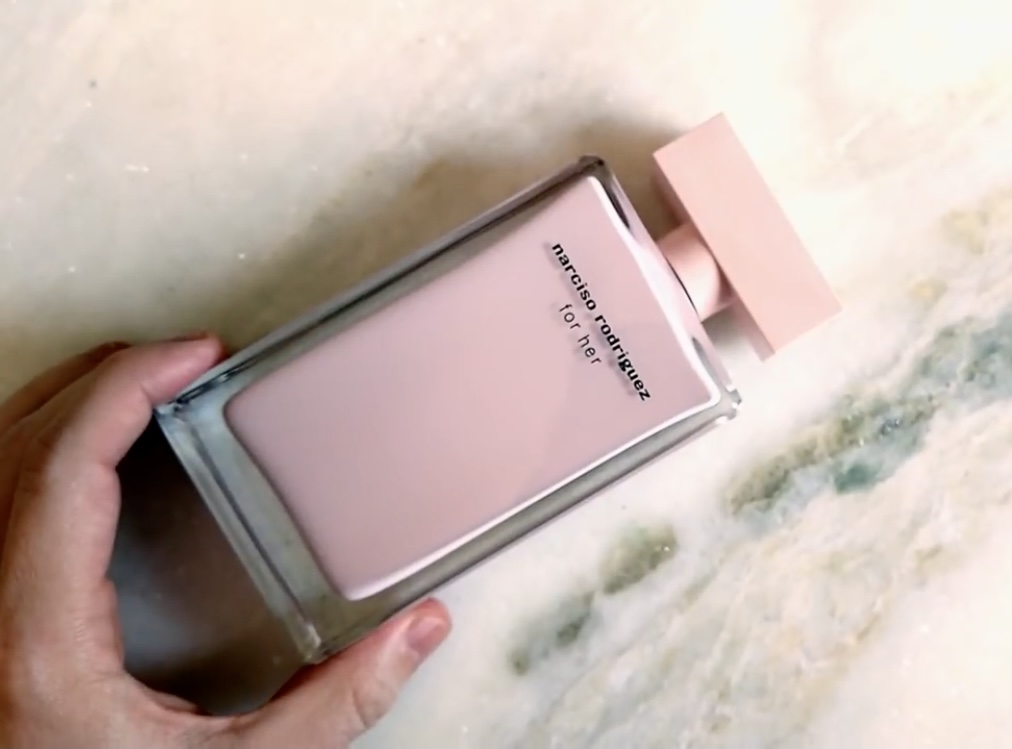Everyday Things That May Be Irritating Your Skin
Our skin, the largest organ of the body, often serves as the first line of defense against environmental aggressors. Yet, it is surprisingly susceptible to irritation from a variety of sources, many of which lurk unnoticed in our daily lives. This article aims to peel back the layers on 9 common culprits of skin irritation that often hide in plain sight. From the products we use to the environments we inhabit, these irritants can trigger reactions that range from mild discomfort to severe inflammation. By understanding these hidden offenders, we can better protect our skin and maintain its health and vitality. Join us as we delve into each of these irritants, revealing their impact and offering strategies for prevention and care.
1. Fragrances: The Invisible Irritant
Fragrances are ubiquitous in personal care products, from perfumes to lotions and even household cleaning agents. While they may provide a pleasant aroma, these synthetic or natural compounds are notorious for causing skin irritation and allergic reactions. Fragrances can disrupt the skin's natural barrier, leading to redness, itching, and even dermatitis in sensitive individuals. The challenge lies in the fact that manufacturers are not required to disclose the specific chemicals used in their fragrance formulations, making it difficult for consumers to identify potential allergens. To mitigate the risk, it's advisable to opt for fragrance-free products or those labeled as hypoallergenic, especially for those with sensitive or reactive skin.
2. Preservatives: Necessary Yet Noxious

Preservatives are essential in extending the shelf life of cosmetics and skincare products, preventing the growth of bacteria and mold. However, certain preservatives, such as parabens, formaldehyde releasers, and methylisothiazolinone, are known irritants. These substances can cause contact dermatitis and exacerbate existing skin conditions. The skin's reaction to preservatives can vary depending on individual sensitivity and the concentration of the preservative used. To reduce the risk of irritation, consumers should look for products that use gentler preservatives or those that are labeled as preservative-free, keeping in mind that these products may have a shorter shelf life.
